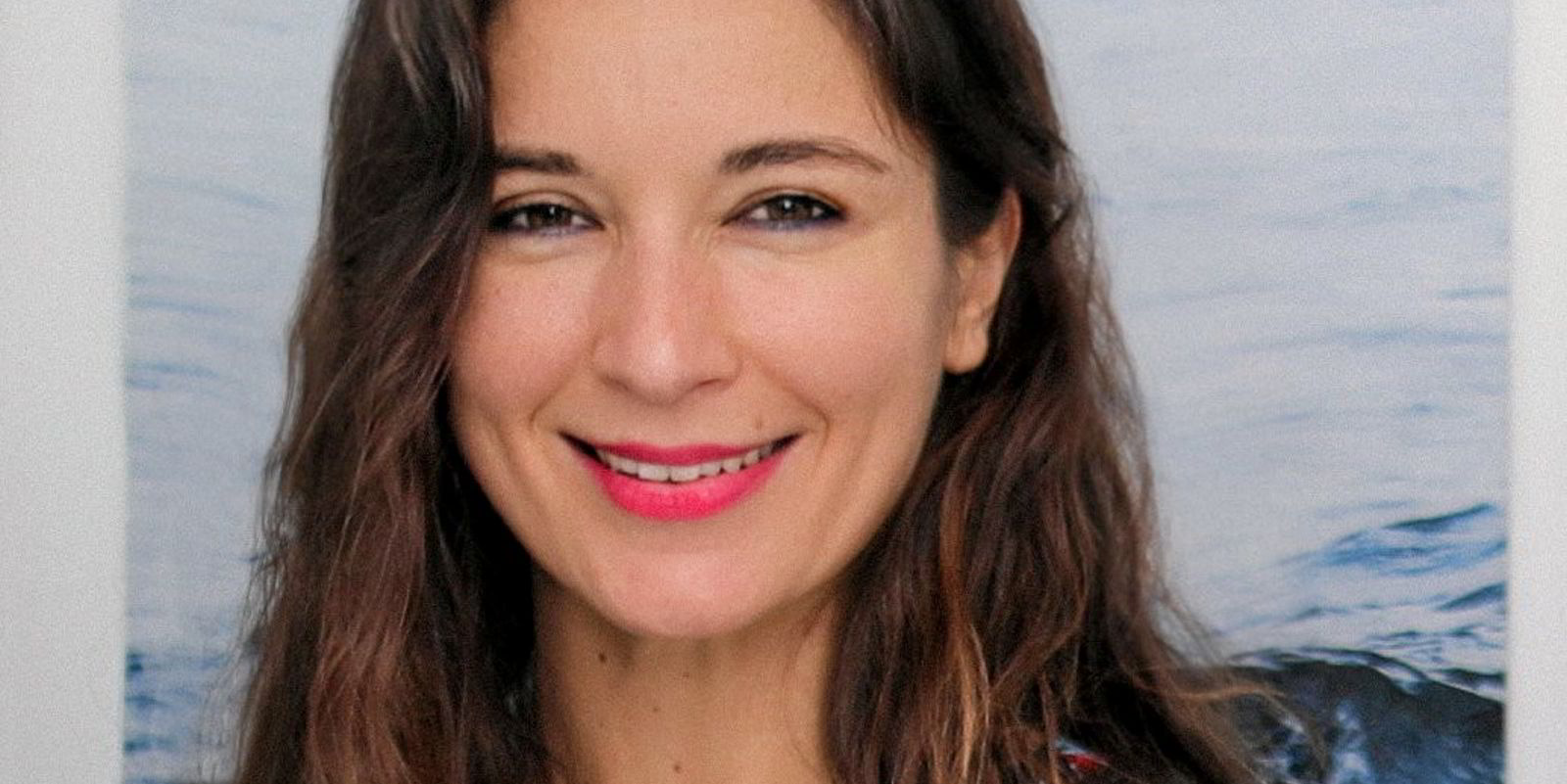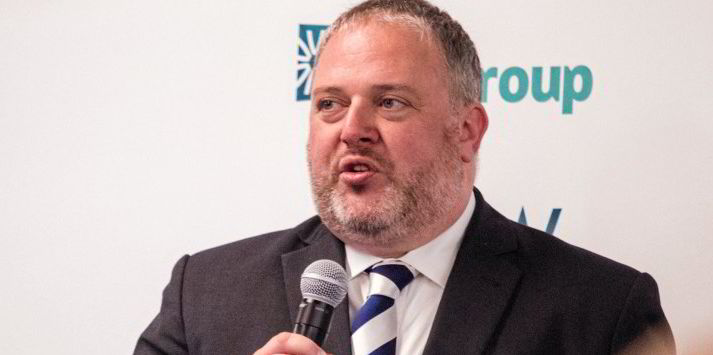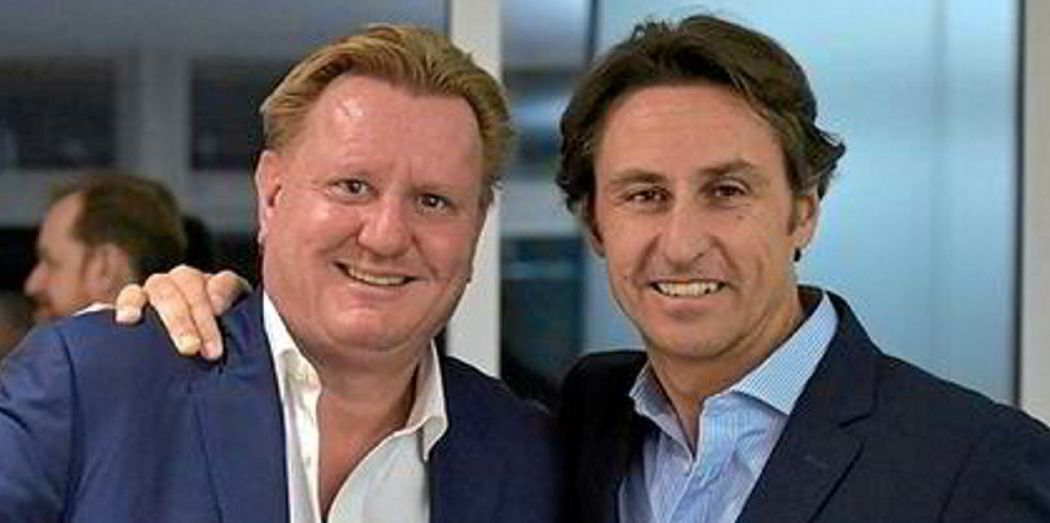Big shipbroking houses have been busy lately, shaping their business in ways that may define it for years to come.
With fat chequebooks, boosted by bumper profits from wildly gyrating markets, big houses have been widening their footprint in size and in scope.
These moves seem to be presaging an age of the giant broking house — behemoths with their fingers in every pie of the broking market in every corner of the world.

“We’ll see a hollowing-out of the market. The big will get bigger and the small will stay small,” says Mark Williams, managing director of Shipping Strategy, a London consultancy. “You [are] either going to have to be global or be very focused.”
As customers get bigger, smaller in number and more demanding in the free services they expect, some firms are feeling the squeeze.
In February, Lorentzen & Co announced a sharp downsizing of its Oslo shipbroking desk following a disappointing set of annual results.
Some players are joining forces to cope. Last November, Ifchor and Galbraiths unveiled a plan to team up.
Big brokers find opportunities to lift entire desks from smaller rivals or buy them up completely.
Braemar, which some view as the company that kicked off the consolidation with its acquisition of ACM in 2014, bought US broker Southport Maritime for $14m in December 2022.
Simpson Spence Young (SSY) bought itself a ready-made offshore desk with its purchase of well-known Norwegian firm Westshore Shipbrokers in February. The previous month, SSY managing partner Stanko Jekov had told TradeWinds: “Going forward, size will matter.”
Consolidation usually feeds on itself. As one broker buys another, rivals feel an urge to respond in kind. As Braemar sought to reach the size of Clarksons, for instance, Clarksons responded by buying Platou.
Clarksons, which has long been adding smaller businesses through takeovers in broking and technology, does not plan to stop now. “We haven’t even got going get. We’ve just started,” chief executive Andi Case says.

James Gundy, his counterpart at Braemar, lays out the rationale: “It’s not just about feeding in businesses, it’s making sure they [desks] complement each other.”
The expansion focus came after companies such as Braemar decided to stick to what they knew best and offloaded engineering or logistics businesses acquired over recent years to target their traditional broking business.
Consolidation dynamics, however, can work in the opposite direction as well. As big and midsize brokers team up, disgruntled employees can split off to set up their own independent niche brokers.
“Whenever there’s consolidation or a merger, there’s always a crossover,” Williams says.
In some local markets, plucky and independent shipbroking outfits thrive. Greece, in particular, is hosting a vibrant broker scene that has been growing in recent years.
Physical proximity to the world’s biggest shipowning community is paying off handsomely for young brokers passionately exploring and pitching deal-making opportunities.
“There’s a new generation of shipbrokers with a thirst to succeed and without any sense of complacency that more established shipbroking houses sometimes display,” says Eva Tzima, head of research at Athens’ Seaborne Shipbrokers.
The same applies in neighbouring Turkey. Io’s Shipbrokers, for instance, has been an early mover in the Istanbul scene after sensing a gap in the market to offer consulting services for tackling decarbonisation and the green transition to local clients.
Technology, regulation and the development of ever more sophisticated areas to trade in, however, will largely work in the benefit of larger houses able to invest in new tools.
Derivatives are a big part of that equation. Braemar set up a new oil derivatives desk in February to help clients lock in fuel costs months in advance.
Bunkers probably would not have become the object of such transactions without the International Maritime Organization’s sulphur-cutting regulations in 2020. With rules becoming ever more complex — with the development of the EU Fuel Quality Directive, for instance — that trend is going to continue.

Carbon trading in particular has been a rapidly growing business and is definitely set to increase in the future. Clarksons forged an alliance with CarbonChain last October to boost its emissions accounting operation. CarbonChain’s platform offers automated supply chain carbon accounting for companies, traders, financiers and logistics firms in metals and minerals, oil and gas, and agriculture.
Some shipbrokers are venturing into an even more adventurous market frontier.
Persian Sea Shipping Lines, a new shipbroker and logistics player based in Dubai, announced in January that it was planning to issue a cryptocurrency to speed up transactions for traders and investors who are looking to avoid the volatility of the digital asset market.
Big houses are likely to continue the trend of steering some chartering or activity towards automated trading platforms

Sea/, a Clarksons-owned online vessel fixture platform that makes a point of not employing shipbrokers, is on a rapid expansion course.
In November, it secured more software development power with two acquisitions in a single month — Polish maritime technology company Setapp and Sweden’s Chinsay.
Such platforms, however, are unlikely to crowd out traditional, personal shipbroking. Efforts to commoditise S&P online have not caught on. In chartering, market watchers are saying a trading platform can always be beaten by an individual broker contacting clients directly to offer a lower price.
Economic warfare is another factor that will weigh heavily.
Extensive use of sanctions by the West creates risks and opportunities for large, established shipbrokers.
Sanctions compliance might prove an insurmountable obstacle for niche operators with small teams, driving clients to bigger shops that can handle it.
On the other hand, niche players, especially in countries outside the reach of Western sanctions, may thrive by serving the parallel trading system being set up across Eurasia.
Clarksons has already said it will not touch secondhand transactions with ships risking falling foul of US sanctions.
“Regulatory and reputational and financial risks are so large that when it comes to risk management it’s better to lose a bit of business than to get stuck to the wrong end of something that gets very expensive,” Williams warns.




